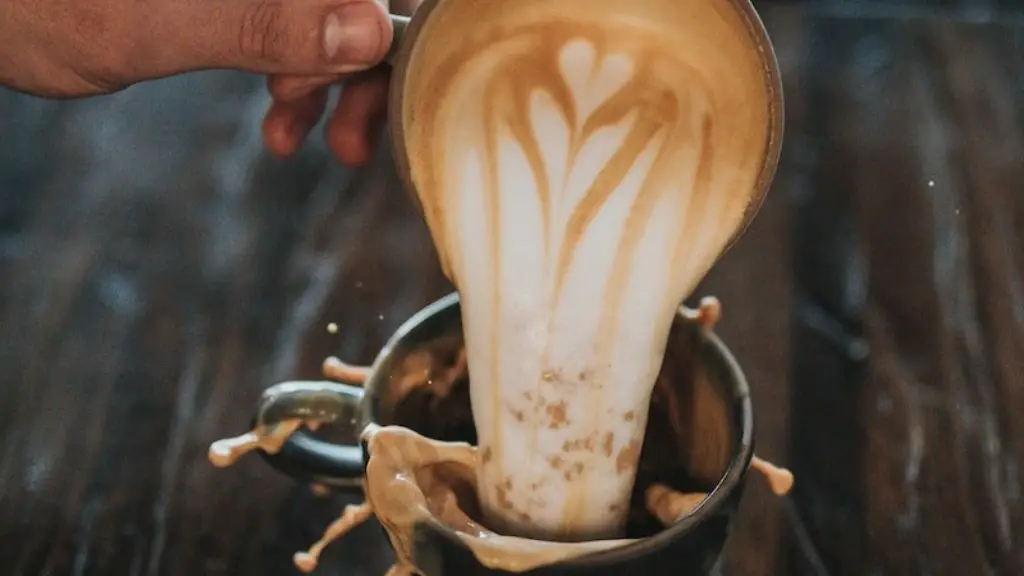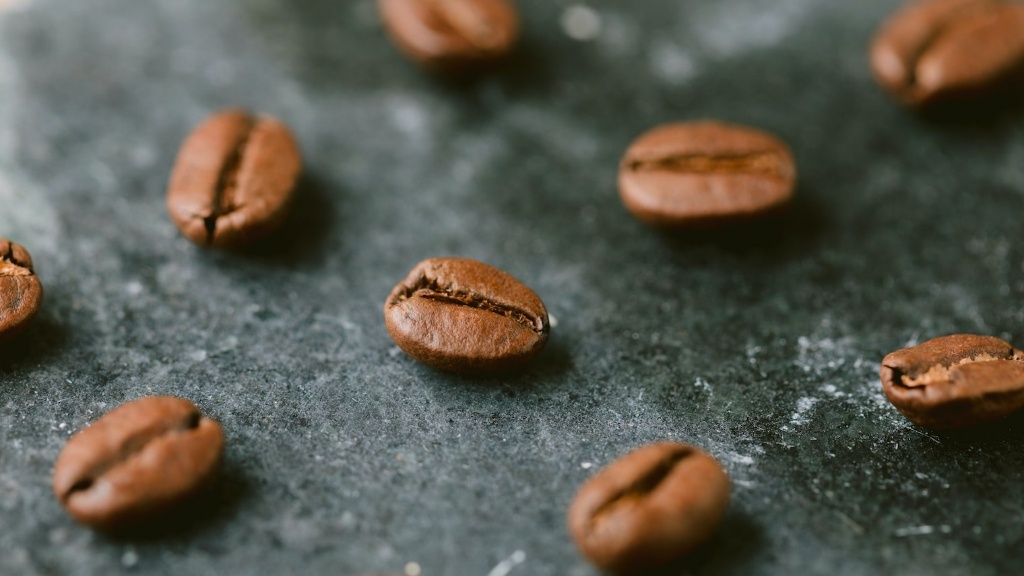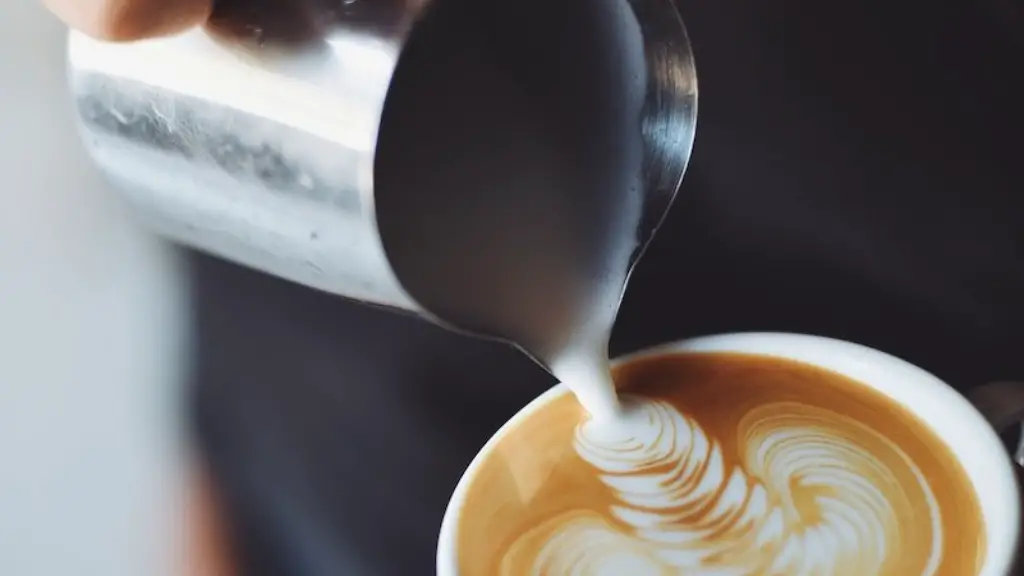Most people who have just had a tooth filling worry about when and whether they can have their favorite caffeine-containing drinks, like coffee, after their dental procedure. Well, it is clear that a person can drink coffee after filling a tooth, but how soon a person can drink coffee is debatable.
The overwhelming consensus among dental experts is that waiting 24 to 72 hours after getting a dental filling where coffee isn’t consumed during that time is a safe amount. This is to make sure the filling is sealed properly, and that the coffee can’t damage the filling or cause any decay to spread. During the first 24 to 72 hours, certain drinks should be avoided such as hot drinks, cold drinks and chewy foods. These can damage the filling and even cause it to break down.
Dr. David Silverstrom, a dentist based in New York City, emphasizes that sticking to the 24 to 72-hour rule is important for maintaining optimal oral health. “Coffee has significantly more acidity than tap water and can cause damage to the newly placed filling if consumed too soon. A patient should anticipate waiting a full 24 to 72 hours after the filling has been placed, before safely consuming coffee”, he says.
Thomas Sather, a dental hygienist based in Chicago, suggests that patients who want to minimize the risk further, should use a straw when drinking coffee after the 24- to 72-hour period is up. “Drinking through a straw can help limit contact with the area which was filled, which will reduce the risk of dislodging the filling and sustaining decay”, he says.
In addition to using a straw, it is advisable to limit the amount of sugar and other sweeteners in the coffee. Sweet substances can raise the amount of acid in the mouth which can contribute to further tooth decay. Everyone is different though, so some might feel comfortable having their coffee sooner, while others would prefer keeping to the 24 to 72-hour rule.
Types of Fillings
The amount of time it takes to drink coffee after a tooth filling can also depend on the type of filling a person has. For instance, metal or amalgam fillings take longer to harden, so people with metal fillings should wait between 12 to 24 hours before drinking coffee.
On the contrary, composite or white fillings, which contain a type of plastic, harden faster and can reduce the waiting period to up to eight hours. There are also ceramic fillings that consist of metal and glass, but due to their hardness, it is still advised to wait for a minimum of 24 hours to have coffee.
Effects on Dental Health
It is important to note that consuming coffee provides both benefits and risks for the individual’s dental health. In moderate amounts, coffee can even be beneficial for the teeth. Studies have proven that the tannin found in coffee can help lower the risk of tooth decay. This tannin works by protecting the enamel and killing bacteria in the mouth.
However, if an individual drinks a lot of coffee, they might be at a higher risk of developing an erosion. Caffeine it contains can reduce saliva production, which can then lead to an erosion in the enamel and the weakening of the tooth. So, according to the experts, moderation is key.
Achieving Balance
If one’s overall dental health is in an acceptable state, then having an occasional cup of coffee won’t have a negative impact. People with newer fillings should also consider both using a straw and drinking a lower-acidity alternative, seen in decaf coffee. After all, seeking balance between enjoying the occasional cup of coffee, and protecting one’s tooth filling is possible.
It is important to note that each person’s situation will be different so one should speak to their dentist or a doctor before drinking coffee after any dental procedure. It is also important to remember that brushing and flossing regularly, and having regular check-ups are all important elements of a healthy dental routine.
Alternatives to Coffee
When it comes to other drinks, the same rules apply for coffee. Tea, for example, is another very popular drink that may require a person to wait for 12 hours to 24 hours before consuming it. This time frame really depends on the type of filling placed and the ingredients used in the beverage.
There are other alternatives to tea and coffee as well, such as herbal teas. They are not only caffeine-free, but also lower in tannin than other teas, making them a great and safer replacement to coffee while nonetheless delivering the same sort of taste. In addition, certain fruits juices like apple juice possess a low level of acidity, which further minimize the risk of the enamel being damaged.
Suitable Option for Children
Children who have recently had a tooth filling will generally require fewer objects to be avoided. Usually, many of the necessary waiting periods are cut in half or even quarter for children. If a child hasn’t had a tooth filling before and is unclear about the rules, they should always ask their dentist straight away.
In most cases, a dentist would advise that children should wait for about 12 hours before having coffee or any other caffeinated beverages. Fortunately, there are plenty of suitable and tasty alternatives for children, such as smoothies, iced flavoring and milkshakes.
Taking Care of Yourself
In order to remain healthy and keep dental problems at bay, it is essential to take proper care of one’s enamel and gums. Drinking coffee can have a positive impact on dental health, as long as it is consumed in a moderate amount and with some precautionary measures, such as using a straw. And of course, people should always seek advice from their dentist before drinking coffee after they have a dental procedure.
In conclusion, the amount of time one needs to wait before drinking coffee after their filling will depend on the type of material and what the dentist suggests. It is important to listen to their professional advice, as it can help one make an informed decision about their dental health.




